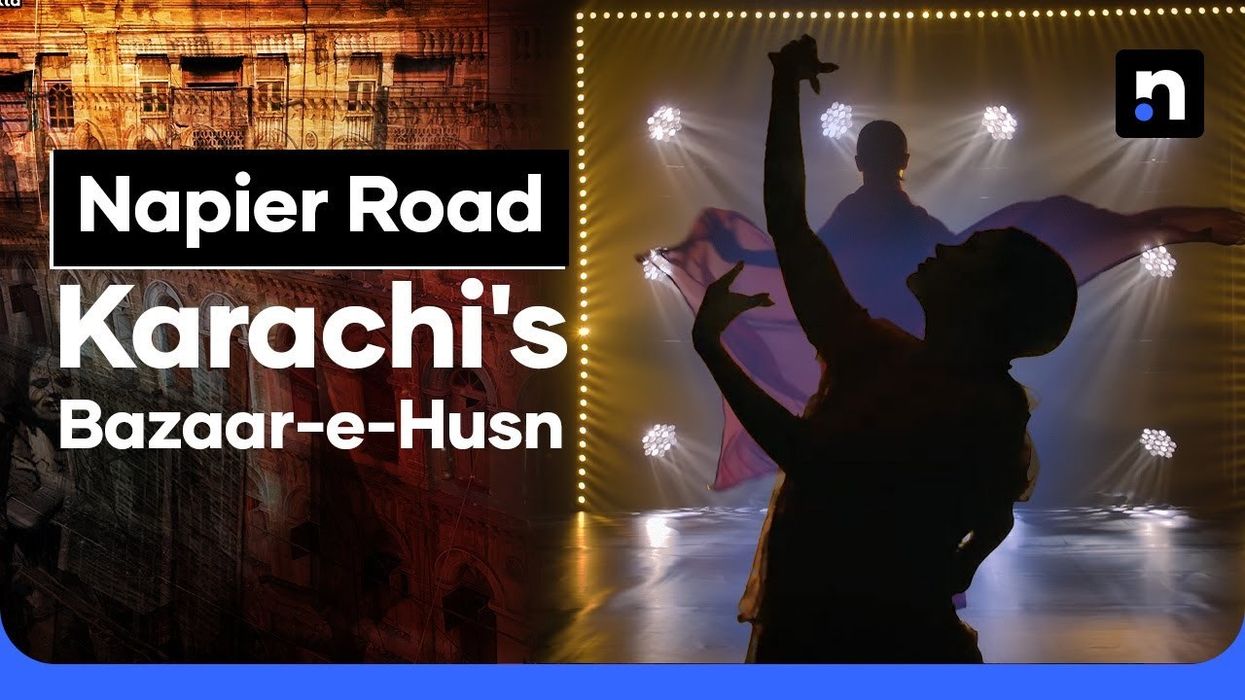Karachi's Bazaar-e-Husn: The history of Napier Road
Only 2 of 12 original instrument shops remain in legendary Dhol Gali
News Desk
The News Desk provides timely and factual coverage of national and international events, with an emphasis on accuracy and clarity.
Historic theaters demolished for warehouse storage
Evening music and dance gatherings banned
The once-vibrant Bazaar-e-Husn on Napier Road stands as a fading remnant of Karachi's cultural history, with only two instrument shops remaining in what was formerly a thriving hub of music and entertainment.
The historic district, which operated as a commercial center by day and cultural destination by night, has seen its legendary Dhol Gali — once home to a dozen instrument shops — dwindle to a shadow of its former self.
Five iconic movie theaters that lined the street have been demolished and converted into warehouses, erasing decades of entertainment history from the cityscape.
During its heyday, the area known as Bazaar-e-Husn transformed nightly as homes opened their doors for music and dance gatherings. The implementation of new restrictions gradually silenced these cultural activities.
The transformation reflects broader changes in Pakistan's largest city, as historical entertainment districts give way to commercial development. The conversion of the movie houses into storage facilities marks the latest chapter in Napier Road's evolution from cultural corridor to business district.
The remaining instrument shops in Dhol Gali serve as the last echoes of an era when the street pulsed with traditional music and performances, preserving a small piece of Karachi's theatrical heritage.











Comments
See what people are discussing